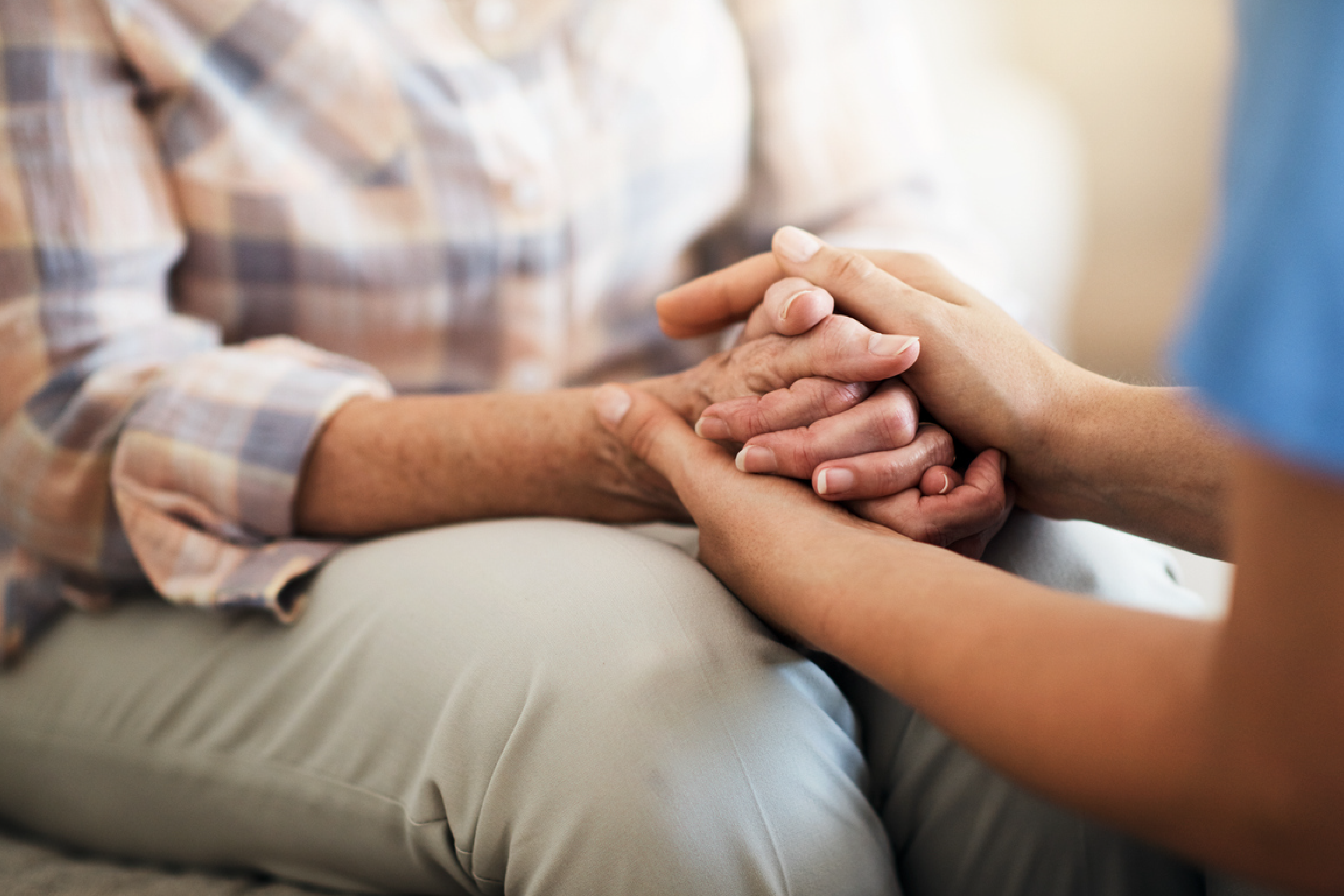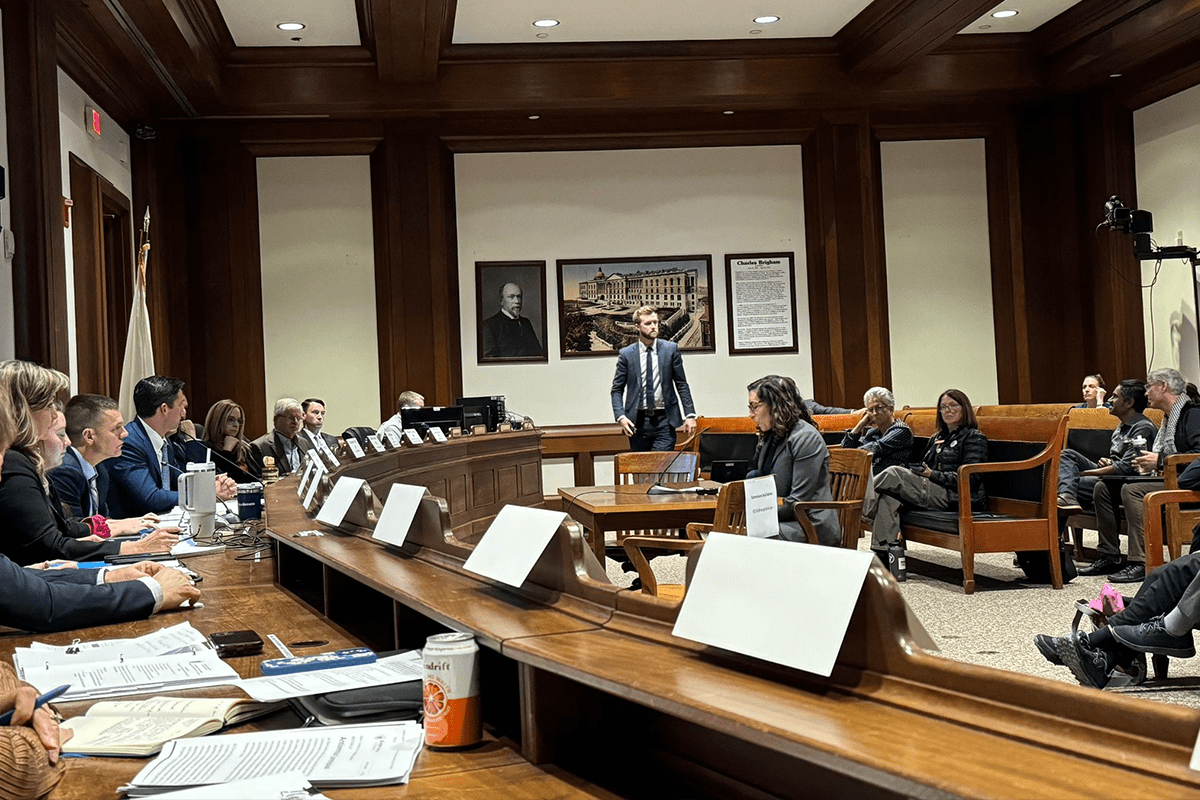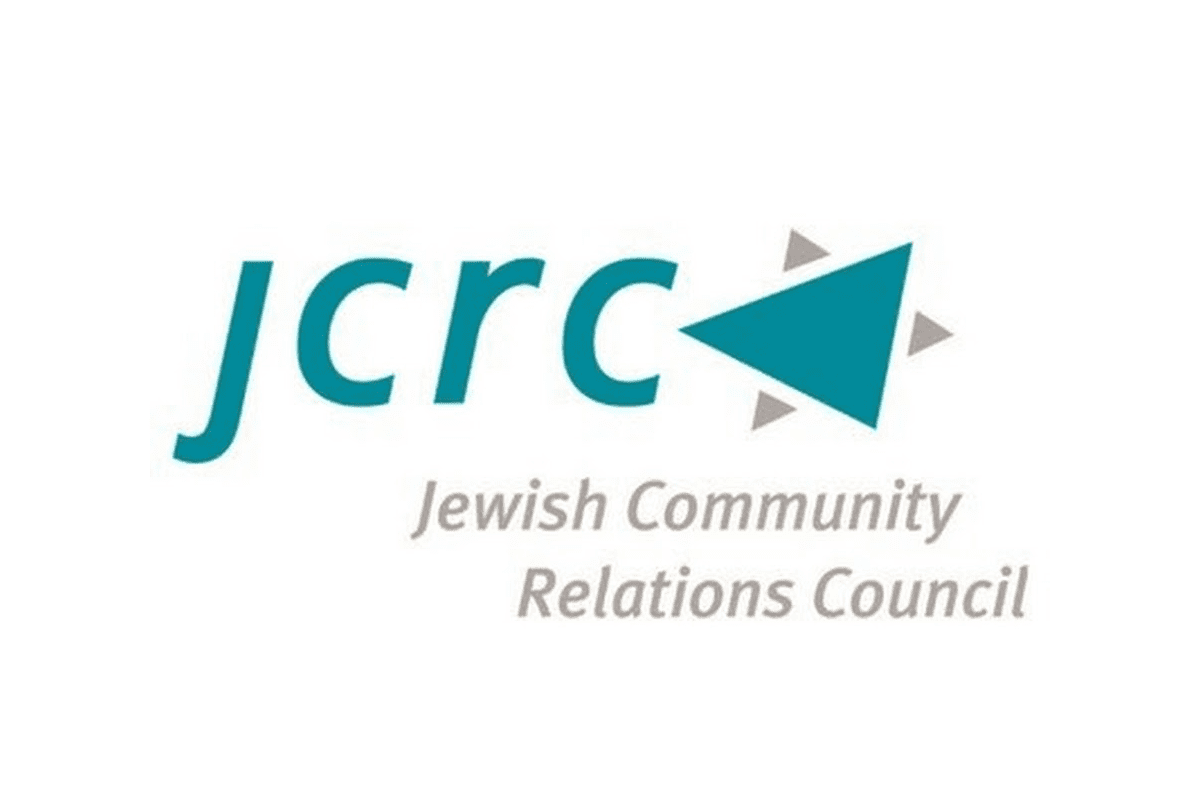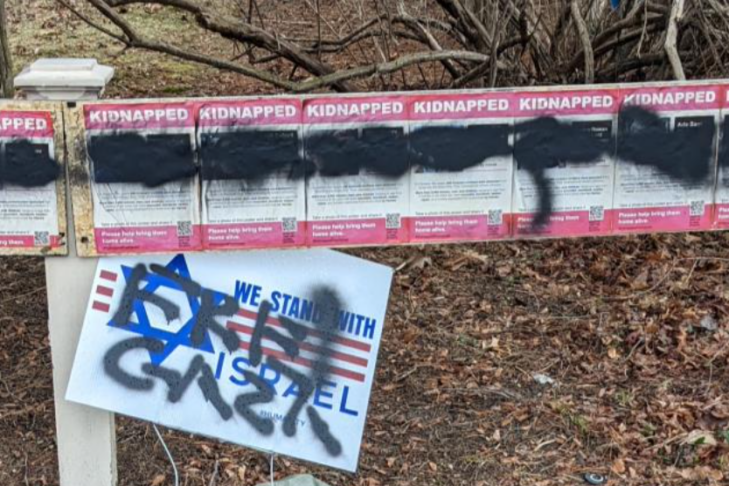By Kate Whitney
For many Jews, Oct. 7, 2023, marked a turning point.
Since that day, which saw more than 1,200 killed and over 250 kidnapped by Hamas terrorists in Israel, Jews are experiencing record-breaking levels of antisemitism, campus protests, challenges to Israel’s right to exist, and questions regarding their safety and security in spaces where they were once taken for granted.
They’ve also run up against what feels like unbridgeable divides in their own communities and within their own families. Difficult conversations can feel impossible.
“Post-Oct. 7, we’ve been trying to make sense of the impact of this on our community,” says Sheri Gurock, executive director of The Beker Foundation, a Boston-based family foundation dedicated to addressing some of the most pressing issues in Jewish life and engagement. The foundation was working with Boston Jewish day schools who stepped up to assist displaced Israeli families arriving in the community. They kept hearing about the struggles many were experiencing after the terror attacks, both from Israelis and local community members. “We’ve been holding so much. Many of us are feeling really stressed and alone right now.”
Group support for those in need
Gurock heard through a colleague about the success of Group Peer Support (GPS), a program created over 20 years ago to address the gaps in mental health care for perinatal populations. GPS’s trauma-informed, evidence-based program incorporates elements of mindfulness-based stress reduction, cognitive behavioral therapy, motivational interviewing, peer-to-peer support, psychosocial education, and other evidence-based modalities to address mental health issues. The program had since evolved and been adapted numerous times to provide group support to diverse populations, including parents, those recovering from substance-use disorder, refugees, and other vulnerable groups. Although mental health training and background aren’t essential to leading a group, facilitators are thoroughly trained and educated to address the specific needs and unique perspectives of participants.
“I watched a webinar on GPS and fell head over heels in love with what they were doing,” Gurock says. She contacted Liz Friedman, GPS’s CEO and co-founder, whose organization was already considering a GPS program for the Jewish community.
“I was invited to a first meeting with Sheri, and she said, ‘I’ve seen your webinar; we’re going to do this,’” Friedman recalls.
Through funding from The Beker Foundation, The Ruderman Family Foundation, other foundation partners across Boston, and a $110,000 grant from CJP’s Center for Combating Antisemitism (CCA), GPS teamed up with Jewish Family & Children’s Service of Greater Boston (JF&CS) and JCC Greater Boston to launch “Circles of Connection” to help mitigate the stress, anxiety, and trauma of the past year.
Getting started
“Liz knew what she needed to do,” Gurock recalls, “but for us as a community, how do you get people to find out and sign up? And then, once the facilitators are trained, how do we deliver it into the community? Liz said GPS could train up to 100 people, but even figuring out how to get 50 people to engage in a 22-hour training seemed like a big ask during a very distracting, very traumatic time.”
And they needed to figure out if this model was something the community would respond to in a positive way.
In June and July 2024, Circles of Connection launched a pilot program to gauge community interest in the model, with “circles” open to six specific populations in the Greater Boston area: LGBTQIA+ Jews, Jewish college students, parents of Jewish college students, Orthodox Jews, Jewish professionals, and Israelis. A seventh circle was offered as an open group, available to any Jewish person interested in attending, regardless of identity or affiliation. Every circle offered for a specific population had to be infused with and take into account that particular group’s values, beliefs, strengths, and resiliencies, as well as current, historical, and generational traumas. Sessions took place via Zoom, were 90 minutes long, and led by GPS-trained facilitators.
“The results blew me away,” Friedman says. “One participant shared with us, ‘I was holding my breath through what felt like a private emotional collapse.’ They told us, ‘My relief at being in the group was overwhelming,’ and, ‘I had no hope before the session about how to speak with other folks who held different opinions, but I felt both connected and enormous relief.’ Keep in mind, this is from a one-time session. Jews are feeling so alone right now and it’s important for us to remember that we need one another and that we’re connected.”
“So much of our work is in breaking isolation to increase connection and reduce stigma,” Friedman continues. “What we hear all the time in this work is: ‘Oh, I’m so relieved I’m not alone,’ ‘I’m not the only one,’ ‘I need community,’ and, ‘I thought that I was crazy but I’m not.’”
According to findings from the pilot, most participants (97%) said they would recommend Circles of Connection to others, with the same percent reporting that their Circles of Connection experience was “excellent” or “good.” Over half (55%) of participants found the experience so positive they want to bring it back to their community by becoming a Circles of Connection facilitator.
So far, Circles of Connection has more than 80 individuals training to become facilitators, including lay leaders, volunteers, synagogue members, rabbis, Jewish professionals, social workers, coaches, and clinicians. Groups are launching soon within the community and within Jewish workplaces, including CJP.
“Circles of Connection is the exhale we all need. Throughout facilitator training, I’ve learned key skills in how to create and maintain brave spaces that foster healing, relief, and a powerful antidote to our current fear-filled realities,” says Molly Kazan, engagement manager with CJP’s CCA and one of CJP’s Circles of Connection group facilitators.
“What’s so clear to me is that whether we are grieving and our minds go to hostages or to the Palestinian community or all the places in between, we’re all feeling enormous sorrow,” Friedman says. “And this opening up allows healing to take place. We have to address the issues causing us pain. If we’re not healing from the trauma, we can’t see what’s right in front of us. We are not trying to get people to agree on everything. What we’re doing is bringing people together to heal, to eliminate the binary, and to be connected heart to heart. That’s where I think change is really going to happen.”
Learn more about Circles of Connection, joining a group, or becoming a facilitator.
Kate Whitney is the associate creative director at CJP.
 Share your story
Share your story 




